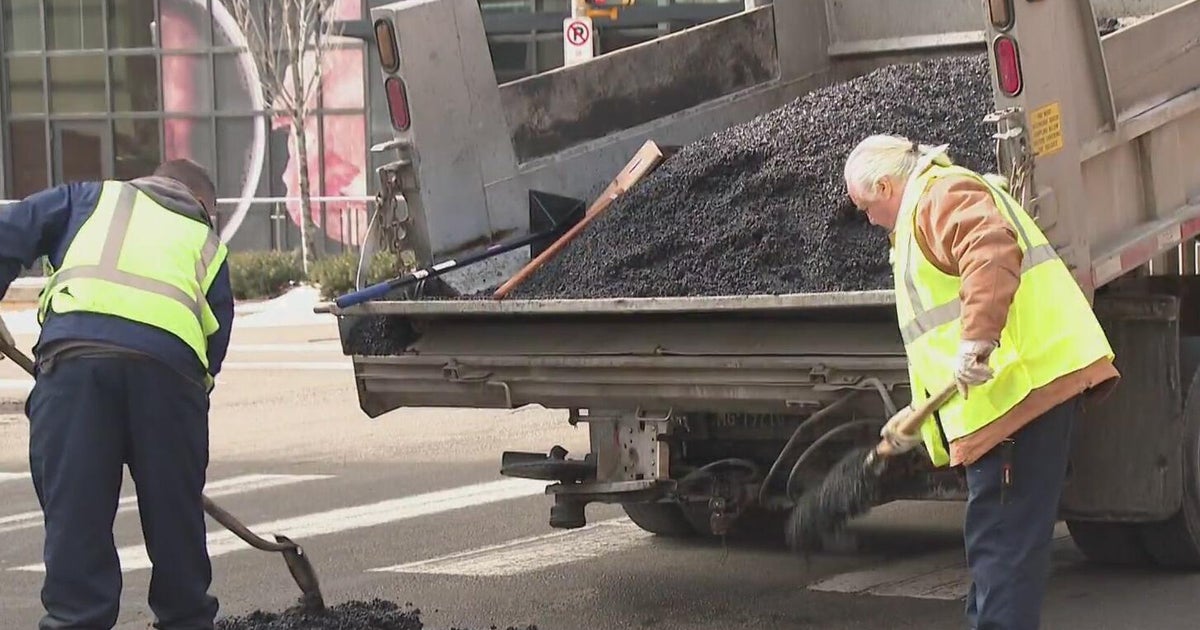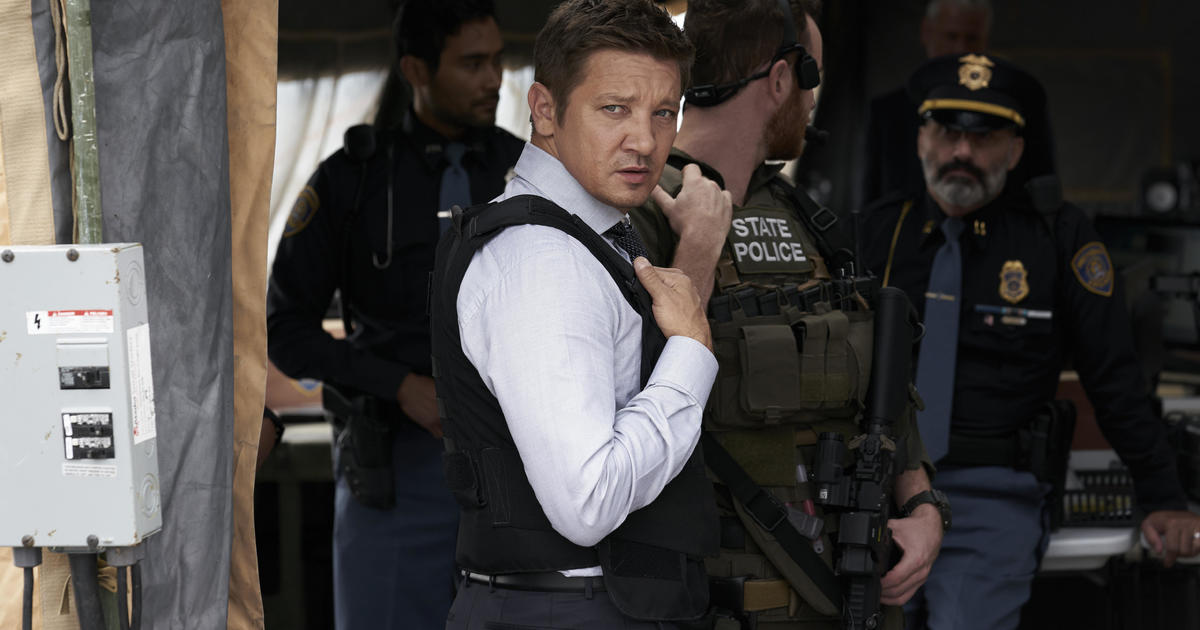Officials Facing Dilemma With Video Review
JOHN MARSHALL (AP) -- It happens seemingly every game of the NCAA tournament, most of the season, for that matter: Officials blow their whistles, huddle, then head over to the TV monitors to review a play.
Looking to see if the clock is right, a shot was a 3-pointer or if an elbow to the head warrants a flagrant foul, they watch the replays from all angles as coaches and players huddle, fans in the stands and TV wait for the action to start again.
The goal is to make sure the officials get the calls correct.
But in the process of trying to be right, they're also disrupting the rhythm of the games, dampening excitement and possibly giving some coaches the advantage of an extra timeout.
"It's bogging the game down too much, particularly with what we're actually looking for," said Turner/CBS analyst Steve Kerr, who will call his third straight Final Four in Atlanta this weekend.
Instant replay has been a part of college basketball since 1986, when the 3-point shot also debuted. The initial purpose was for replays to be used to correct timing and scoring errors and was later expanded to look at whether a player was behind the line on a 3-point shot and flagrant fouls.
Coaches, players and fans have debated the use of instant replay pretty much since the day it was put in place and scrutiny seems to have increased this season as officials have gone to the monitor more and more.
One of the biggest complaints, particularly during the NCAA tournament, has been about officials stopping games to check the game clock, then adding a few tenths of a second back.
A small amount of time like that can make a big difference when the clock is under a second because officials judge whether a player can catch and shoot or not based on certain time increments.
But if they're stopping the game with 5 or 10 seconds left and adding 0.2 seconds to the clock, that's a bit excessive for some.
"That's something that should be talked about," said Reggie Minton, deputy executive director of the National Association of Basketball Coaches. "I'm not sure I'm an expert on these electronic timers that these officials have that are somewhat triggered by them, but at some point we need to trust the timing mechanism we have and those that are running them that we trust they are going to do the right thing. If it's obvious something was missed and we're talking about seconds, then I think we make sure that is corrected. But there maybe is an over-concern about a tenth here and a tenth there."
Stopping the clock also may give some teams an unfair advantage, giving a coach what's essentially an extra timeout to diagram a play while the officials look at the replay monitor.
In the second round of the NCAA tournament, Davidson was leading Marquette by a point when it lost the ball out of bounds against the Golden Eagles press. Marquette didn't have a timeout left, but the officials gathered around the monitor to get the game clock right, giving coach Buzz Williams a chance to call his players over to draw up a play.
The officials added 1.2 seconds to the clock — to 6.7 — and Marquette's Vander Blue scored on a last-second layup to give the Golden Eagles a 59-58 win and avoid the upset.
"Unfair advantage," Davidson coach Bob McKillop said after being asked about Marquette getting what was essentially an extra timeout. "Maybe (in that situation) they shouldn't let them huddle."
In the West Region semifinals, Arizona coach Sean Miller got extra time to set up a play after officials stopped the game to check the time on a 3-point shot by Ohio State's LaQuinton Ross. The officials added a tenth of a second to the clock, but Arizona couldn't hit the tying shot in the final 2.1 seconds.
Kansas had a similar situation late against Michigan in the South Region semifinals, when a review at the scorer's table gave Jayhawks coach Bill Self extra time to set up a final shot. Like Arizona, Kansas couldn't pull it off and lost in overtime.
"Whether Bill Self wanted a timeout or maybe he wanted his guys to get the ball and go before the defense could set up, either way the integrity of the game was compromised just so we could fix 0.2 seconds on the clock," Kerr said. "Who cares?"
Another complaint has been the officials' penchant to go to the monitor any time a player is hit in the head.
Coaches have bemoaned the overuse of reviews for flagrant fouls and it increased early in the NCAA tournament as players like Creighton's Doug McDermott, Marquette's Trent Lockett and Pitt's Lamar Patterson were assessed flagrants after being called for offensive fouls.
"We do it too much on anything in the head area, we automatically look at," Kerr said. "I don't think that's necessary."
The key is finding a balance between getting it right and, as Kerr put it, preserving the integrity of the game.
The NBA has geared back its use of instant replay and the process seems to go seamlessly, so the NCAA could look there. Or maybe, as was suggested to Minton, the NCAA can borrow from the NFL model, give coaches a flag to throw for challenging calls in the last two minutes of a game.
"At some point the rules committee is going to have to look at unintended consequences," said Minton, who coached at Air Force and Dartmouth and was a member of the NCAA rules committee. "If the main concern is that it's more important to get it right than it is to allow an unofficial opportunity for a timeout, so be it. I would think the overriding concern would be to get it right."
After all the complaints this season, it's a topic that's sure to come up.
(© Copyright 2013 The Associated Press. All Rights Reserved. This material may not be published, broadcast, rewritten or redistributed.)
Also Check Out:
- Kaufman County DA Mike McLelland And Wife Found Dead
- Victoria's Secret's New Lingerie Line Has Parents Outraged
- Homeowner Says 911 Hung Up On Them
- I-Team Investigates Identity Theft Targets In Texas
- Troopers Indicted After Roadside Cavity Search Of Two Women
MOST VIEWED GALLERIES
- PHOTOS: Your Pet Pictures
- PHOTOS: Dallas St. Patrick's Day Parade
- PHOTOS: Pope Francis I







